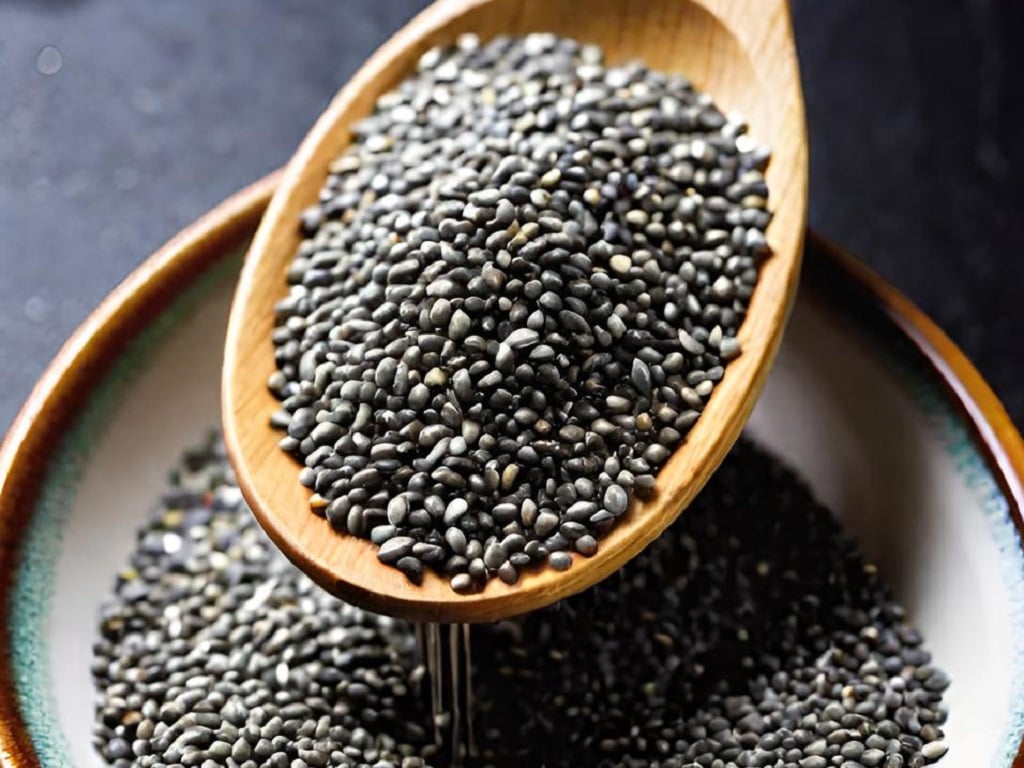'One of the dangers is that a heart patient can collapse in the bathroom without anyone knowing'. Start your day with health news to see more of this article!
Start your day with health news , readers can also read more articles: Doctors point out the best times to drink water for the kidneys during the day; Discover more unexpected benefits of a few cups of coffee a day ; Unexpected effects of chia seeds when eaten for breakfast? ...
Why should you be aware of the risk of heart attack in the bathroom?
Heart attacks can happen in the bathroom. One of the dangers is that the person can collapse inside the bathroom without anyone knowing. There are many reasons for this.

Certain bathroom activities may increase your risk of a heart attack.
Heart attacks can happen in the bathroom for the following reasons:
Pressure from sitting on the toilet. In fact, sitting on the toilet and defecating puts a certain amount of pressure on the heart. This activity will put stress on the vagus nerve, thereby slowing the heart rate. For people with heart disease, this pressure will contribute to an increased risk of heart attack.
When bathing. Bathing in water that is too cold or too hot will affect your heart rate. Experts say that your body temperature will change when you bathe. If the water temperature is too different from your body temperature, it can put a lot of pressure on your arteries and capillaries. This increases the risk of heart attack.
Overdose. In rare cases, overdose can cause sudden heart attack or cardiac arrest. Many people have a habit of taking medicine and then bathing. Both of these factors can stimulate the heart and increase the risk of heart attack. The next content of this article will be on the health page on December 21.
Unexpected effects of chia seeds when eaten for breakfast?
A nutritious breakfast with lots of fiber not only helps you feel full longer, balances your body's energy, but also regulates bowel movements. Just a small amount of chia seeds at breakfast is enough to improve bowel health.
To keep the digestive system healthy, an adult needs to consume 25 to 30 grams of fiber. At breakfast, consuming about 10 grams of fiber is enough for this meal. Just 2 tablespoons of chia seeds can provide 10 grams of fiber for the body.

Eating chia seeds for breakfast can help improve digestion and control blood sugar.
Chia seeds contain both soluble and insoluble fiber. This fiber increases stool bulk and helps stool retain water, thereby preventing constipation. The nutrients in chia seeds also help lower cholesterol, control blood sugar levels, and reduce the risk of certain cancers.
Chia seeds are a good source of calcium, iron, magnesium, selenium, thiamin and niacin. In particular, the alpha-linolenic acid in chia seeds is an omega-3 fatty acid that supports heart health. In addition, chia seeds also contain plant protein at 17 grams per 100 grams.
A study published in the journal Food Science and Nutrition found that omega-3, fiber, and protein in chia seeds can help reduce triglycerides and increase "good" HDL cholesterol. Meanwhile, fiber, unsaturated fat, and phenolic compounds in chia seeds, when entering the intestine, will slow down the absorption of starch into the blood, thereby helping to control blood sugar. The next content of this article will be on the health page on December 21.
Discover more surprising benefits of a few cups of coffee a day
Many people with atrial fibrillation, a heart rhythm disorder, often avoid coffee. However, a new study may change their minds.
However, in a new study just published in the American Heart Association Journal AHA , lead author, Professor - Dr. Jürg H. Beer, University of Zurich (Switzerland), encouraged people with atrial fibrillation to "Enjoy your coffee, it may even be good for you," according to the American Heart Association's news site Heart.org.

Regular coffee consumption benefits cognitive performance
Co-author Dr Massimo Barbagallo, resident in the Department of Neuro-Intensive Care at the University Hospital Zurich, said: “Regular coffee consumption is beneficial for cognitive performance in healthy people. Meanwhile, atrial fibrillation increases the risk of dementia. Therefore, the question is whether coffee can help reduce the risk of cognitive decline in people with atrial fibrillation.”
The study included 2,413 Swiss participants – patients with atrial fibrillation, with an average age of 73 years.
Participants reported their coffee consumption, at levels: Less than 1 cup a day, 1 cup a day, 2–3 cups a day, 4–5 cups a day, and more than 5 cups a day.
The results found that people with atrial fibrillation who drank more coffee had improved cognitive performance compared to those who drank less than 1 cup or no coffee. Overall, drinking more coffee increased cognitive test scores. Start your day with health news to see more of this article!
Source: https://thanhnien.vn/ngay-moi-voi-tin-tuc-suc-khoe-nguyen-nhan-dan-den-dau-tim-trong-phong-tam-185241220235655212.htm



![[Photo] President Luong Cuong receives US Secretary of War Pete Hegseth](https://vphoto.vietnam.vn/thumb/1200x675/vietnam/resource/IMAGE/2025/11/02/1762089839868_ndo_br_1-jpg.webp)


![[Photo] Lam Dong: Images of damage after a suspected lake burst in Tuy Phong](https://vphoto.vietnam.vn/thumb/1200x675/vietnam/resource/IMAGE/2025/11/02/1762078736805_8e7f5424f473782d2162-5118-jpg.webp)








































































































Comment (0)